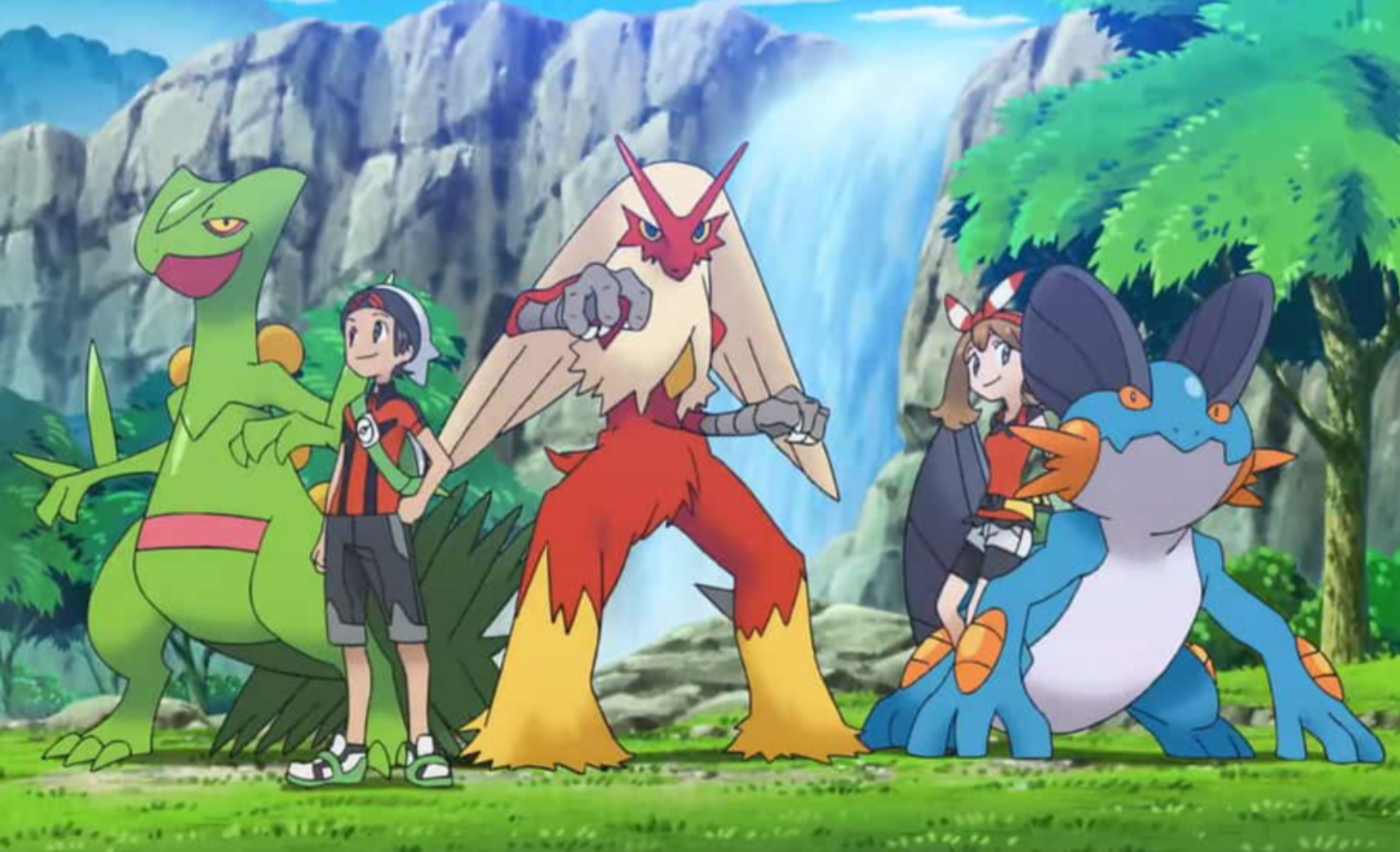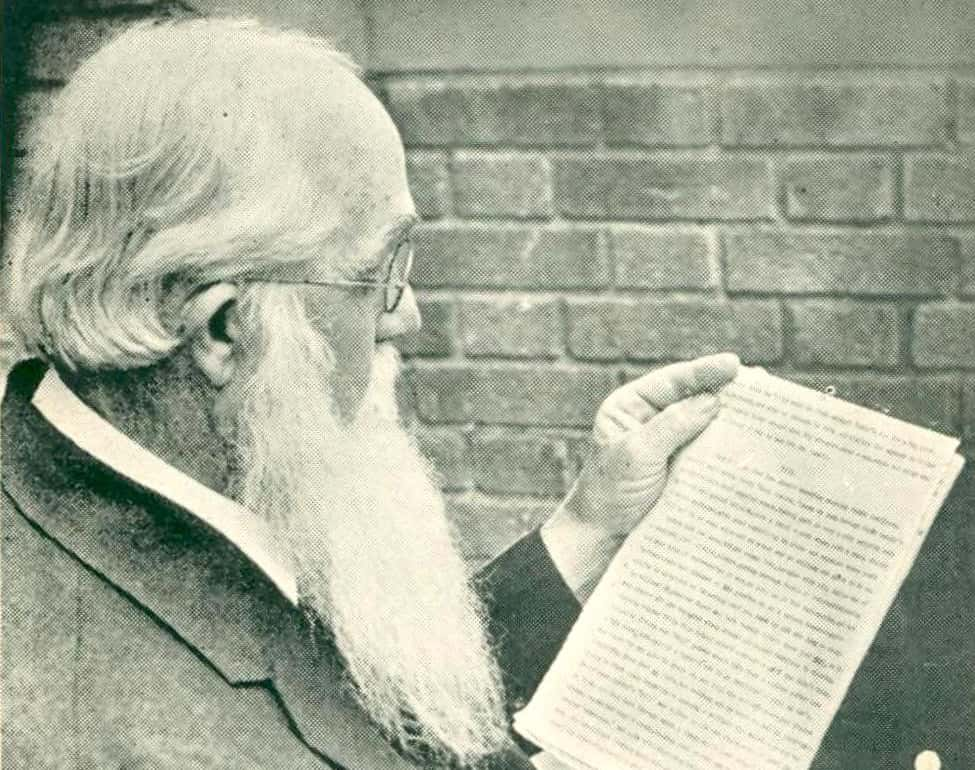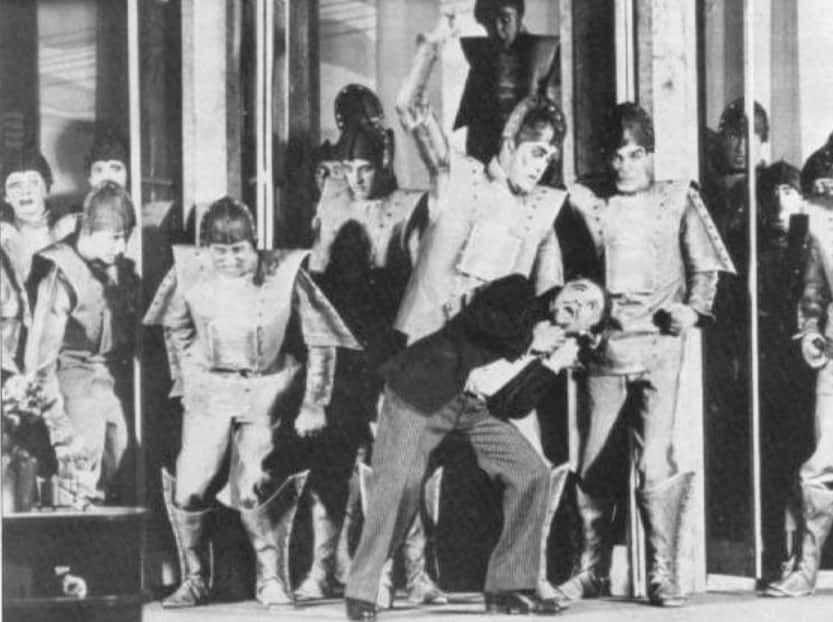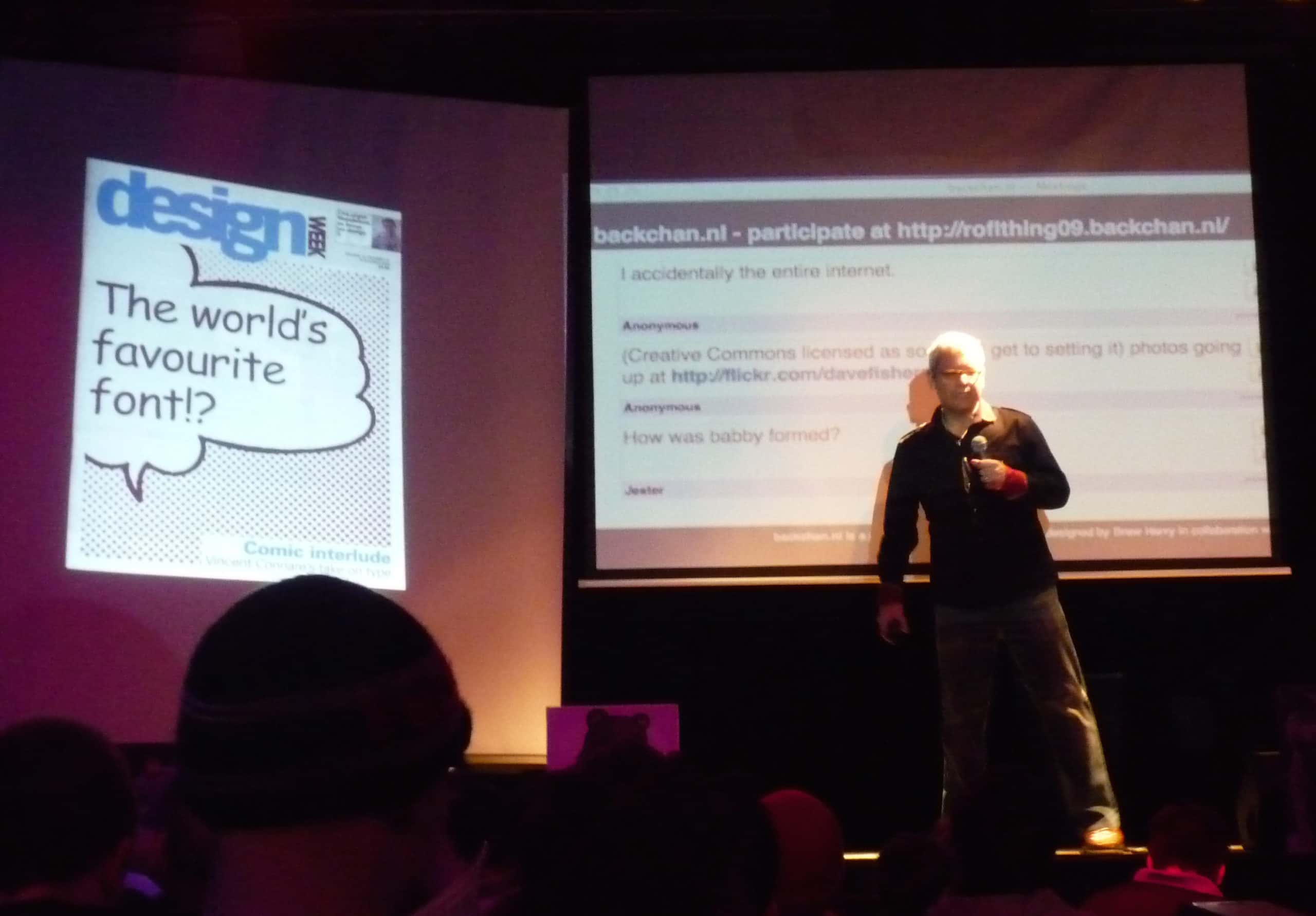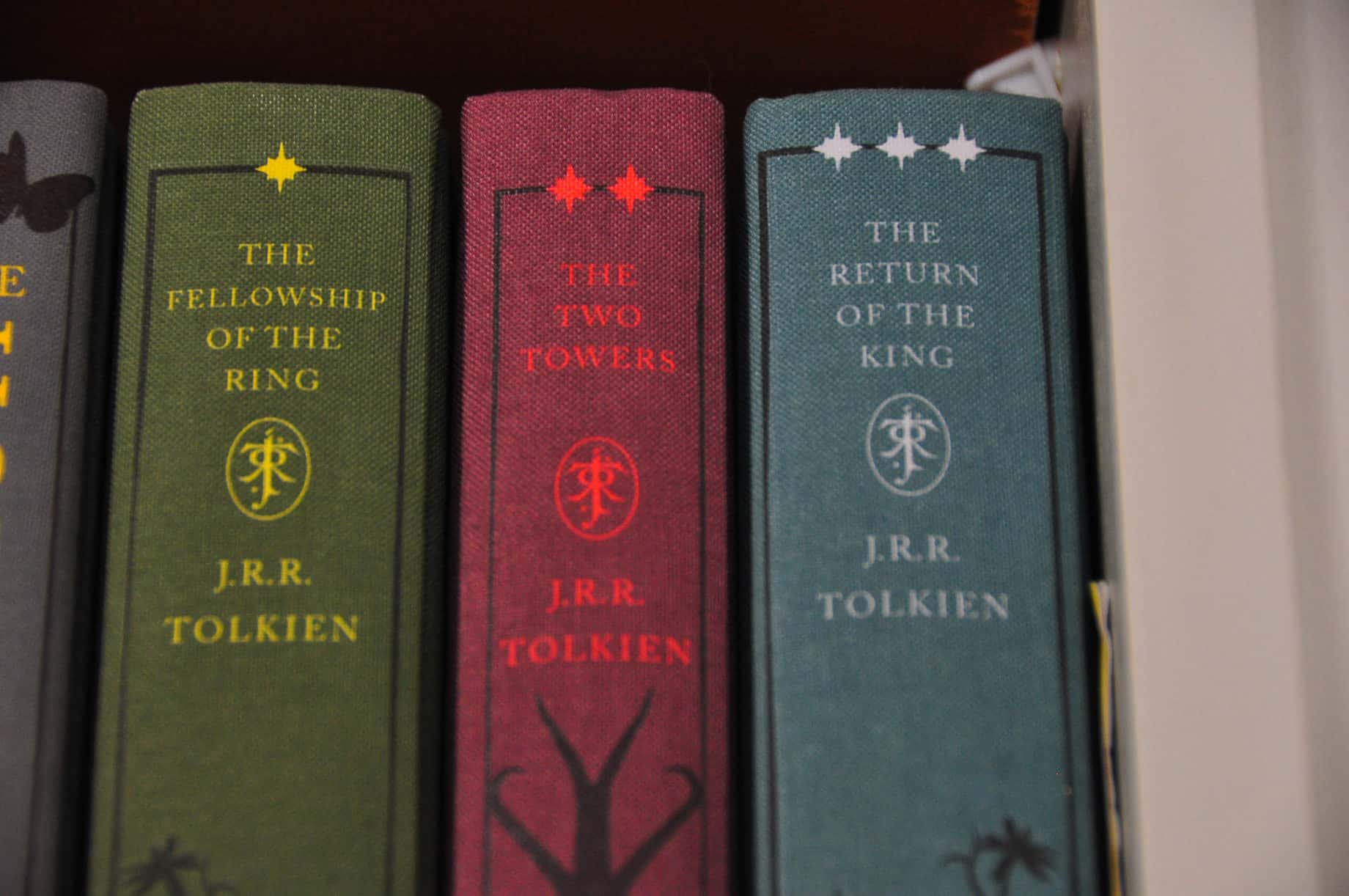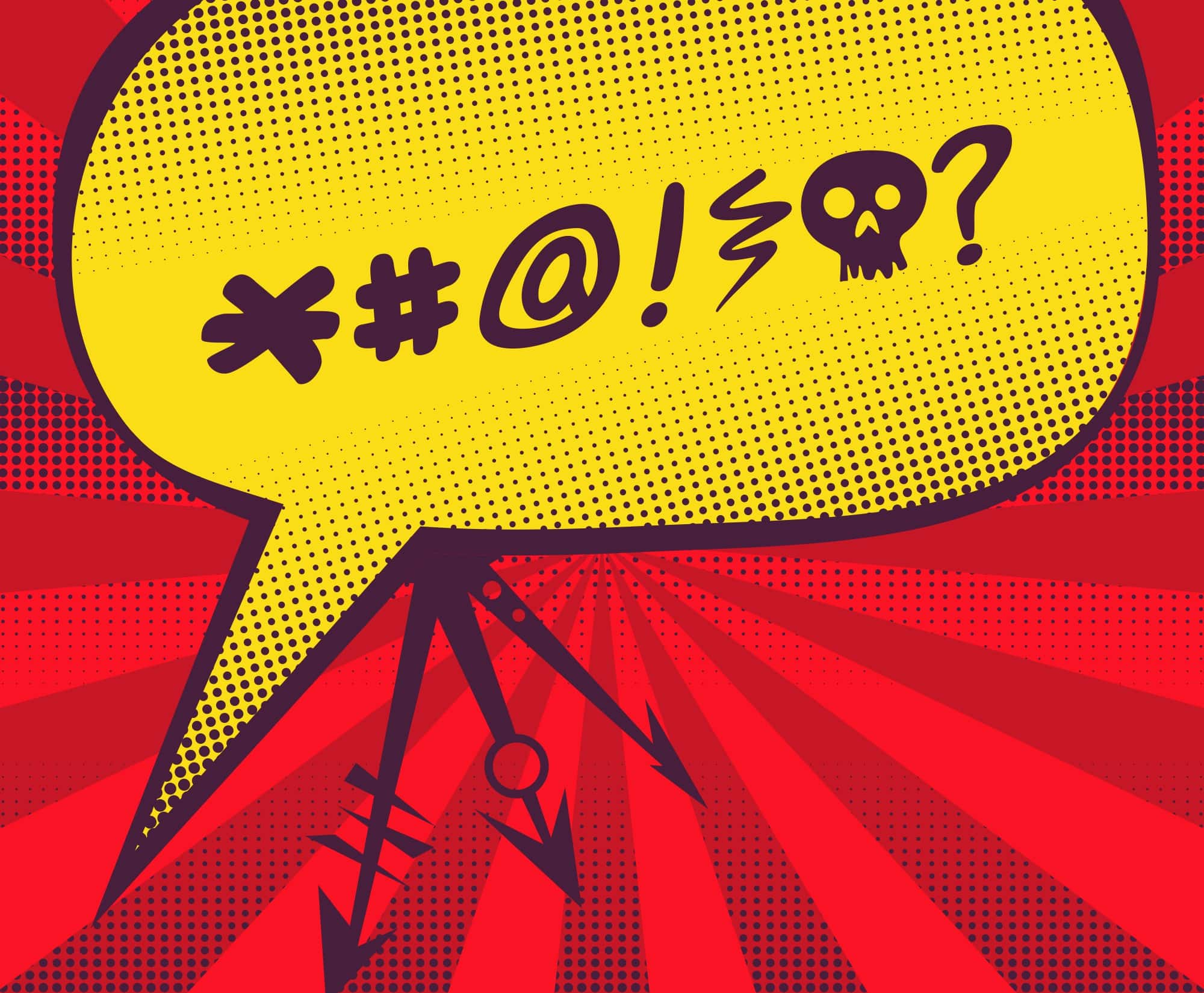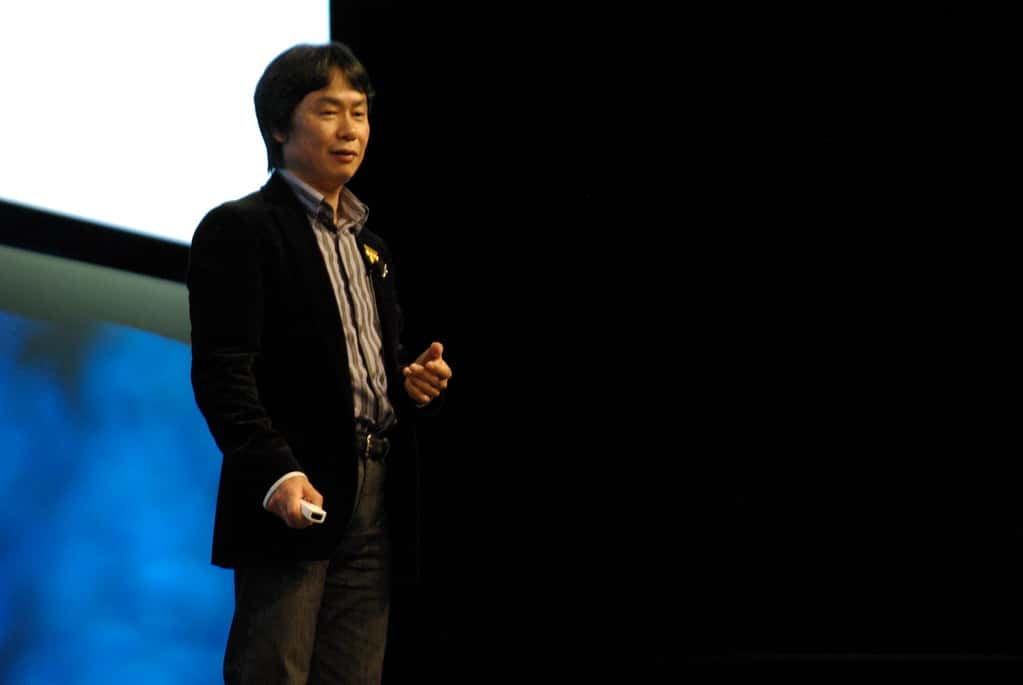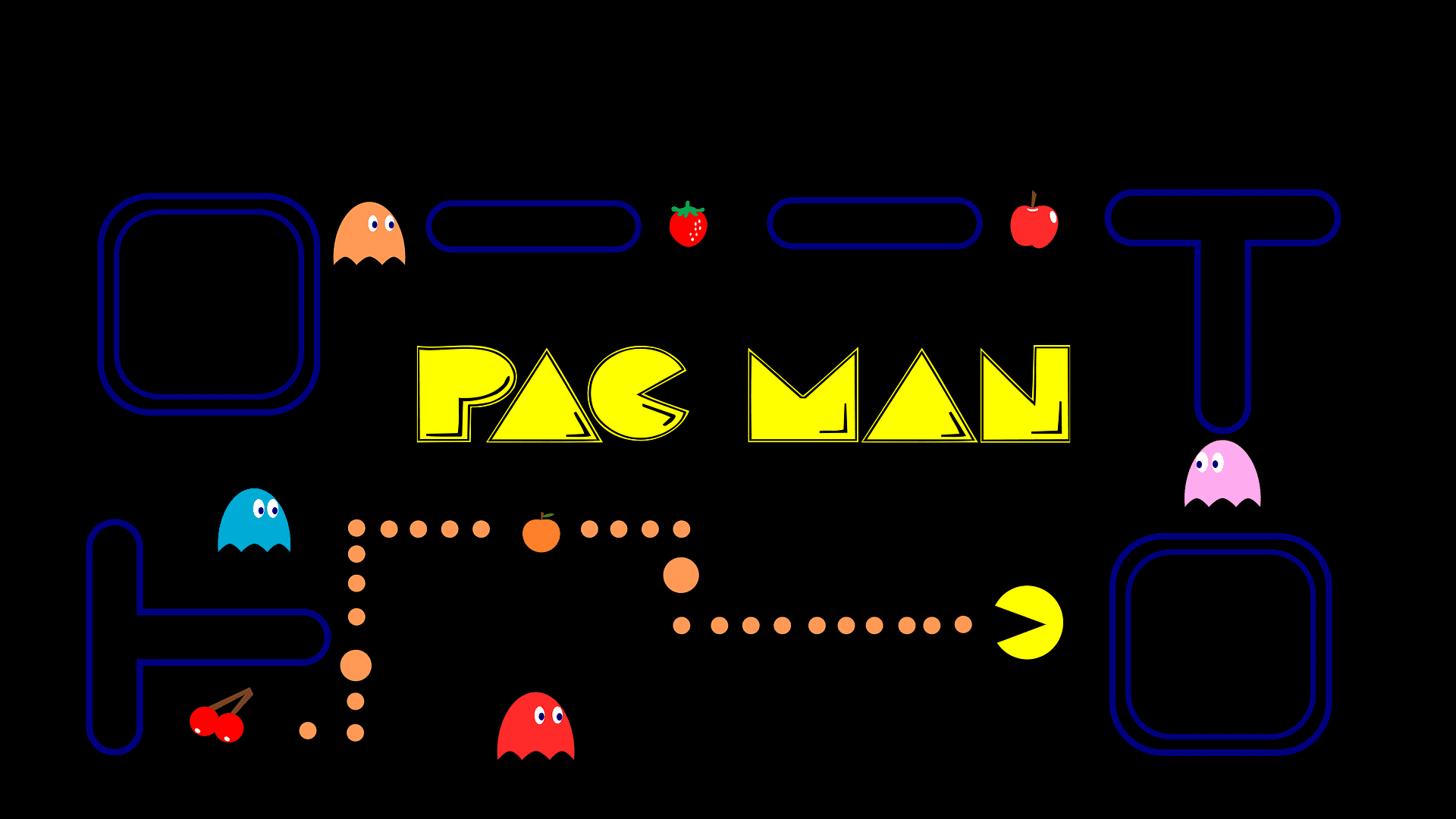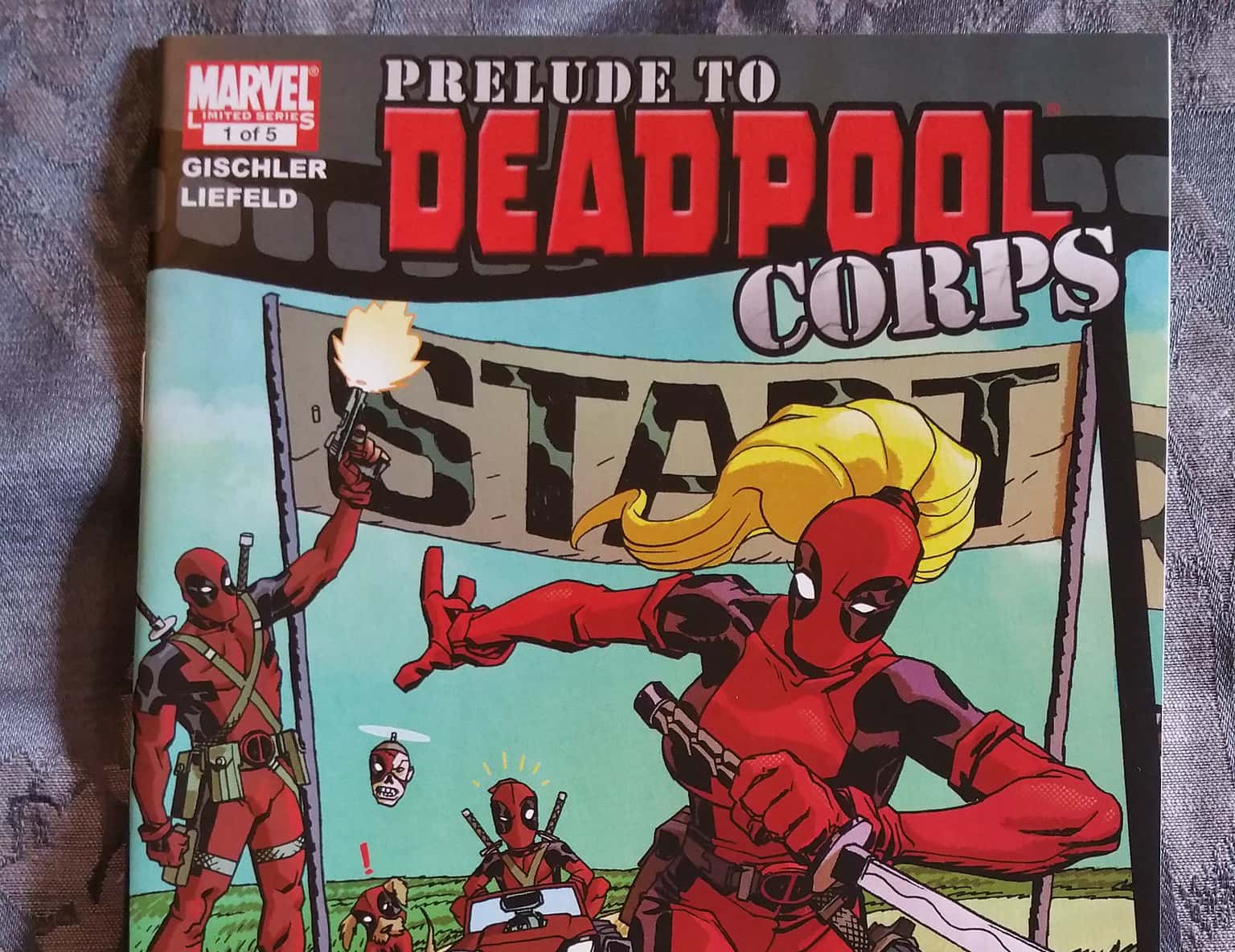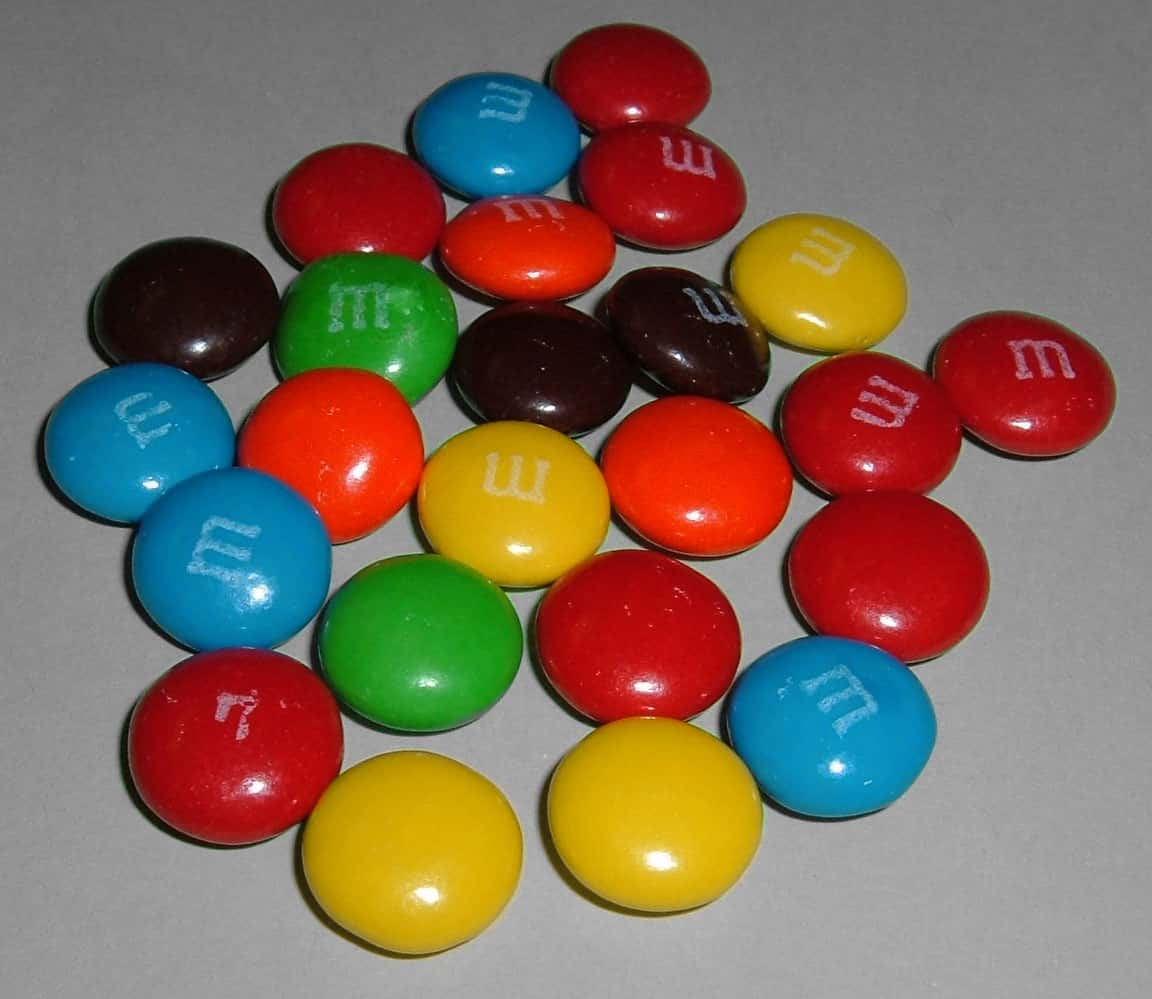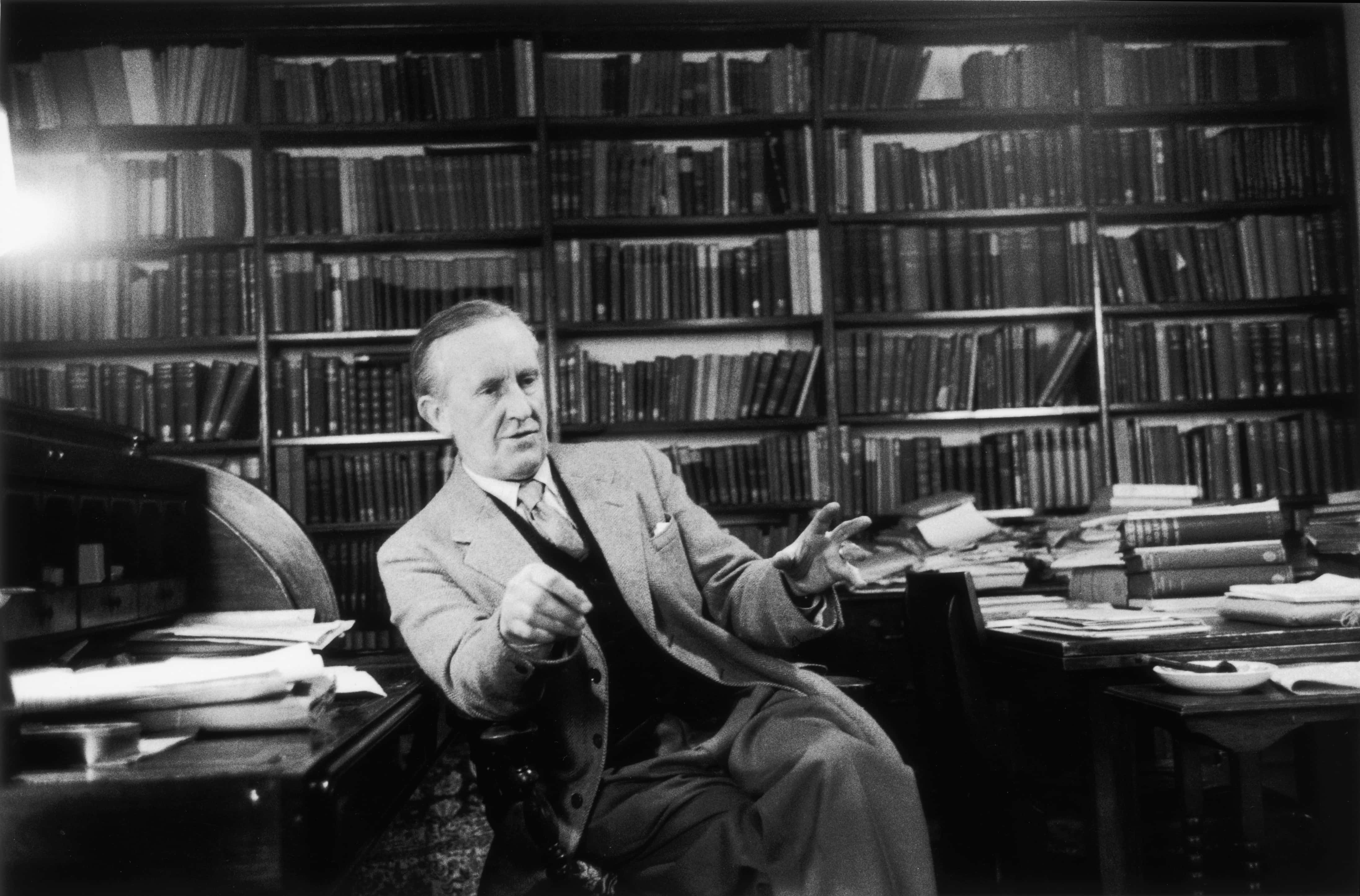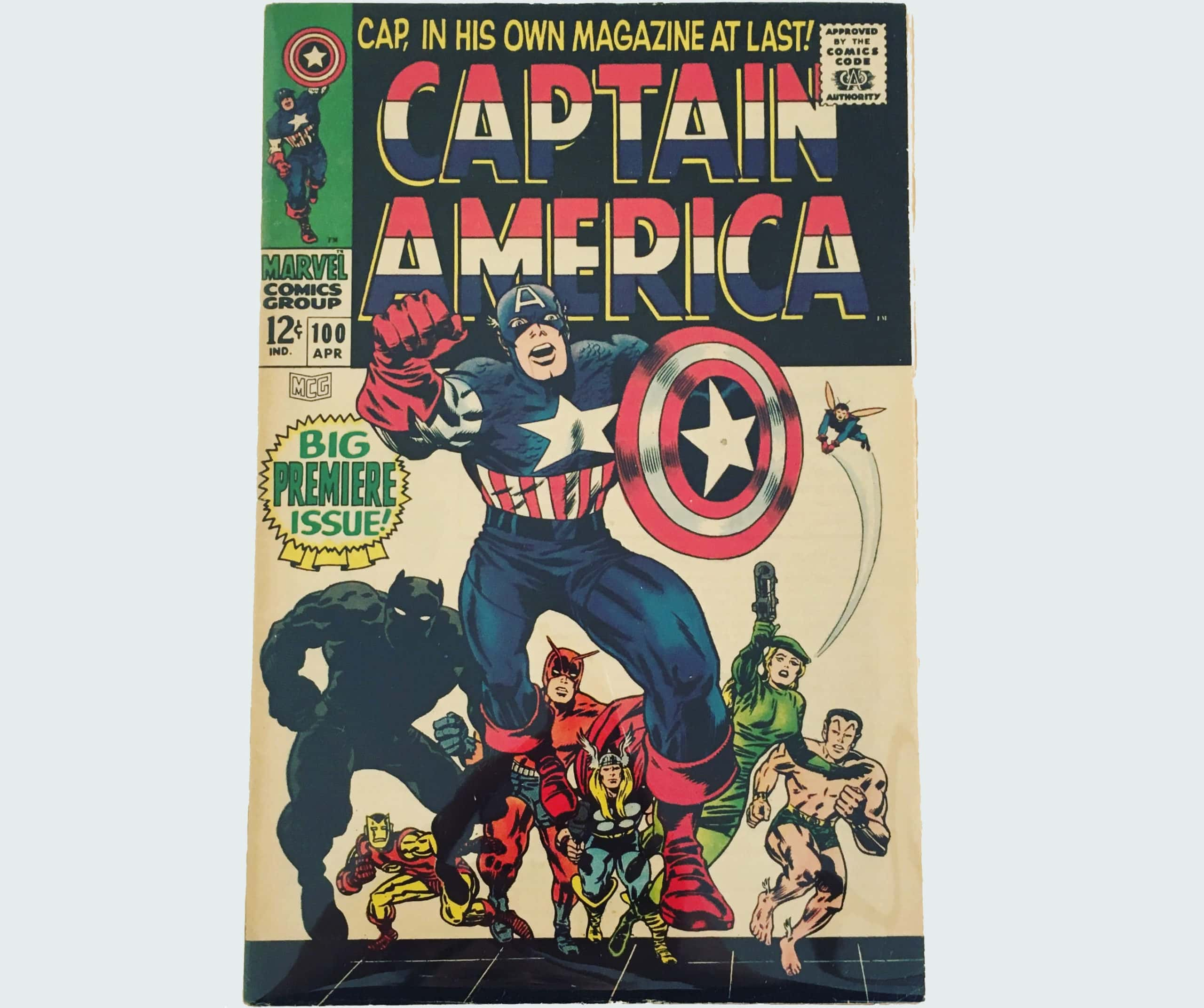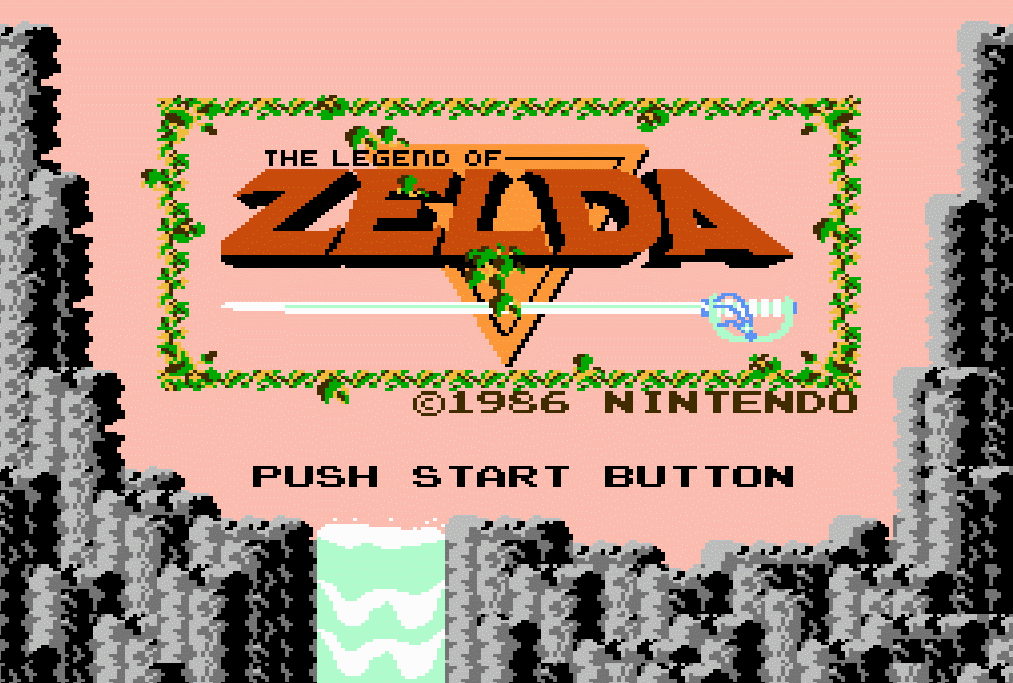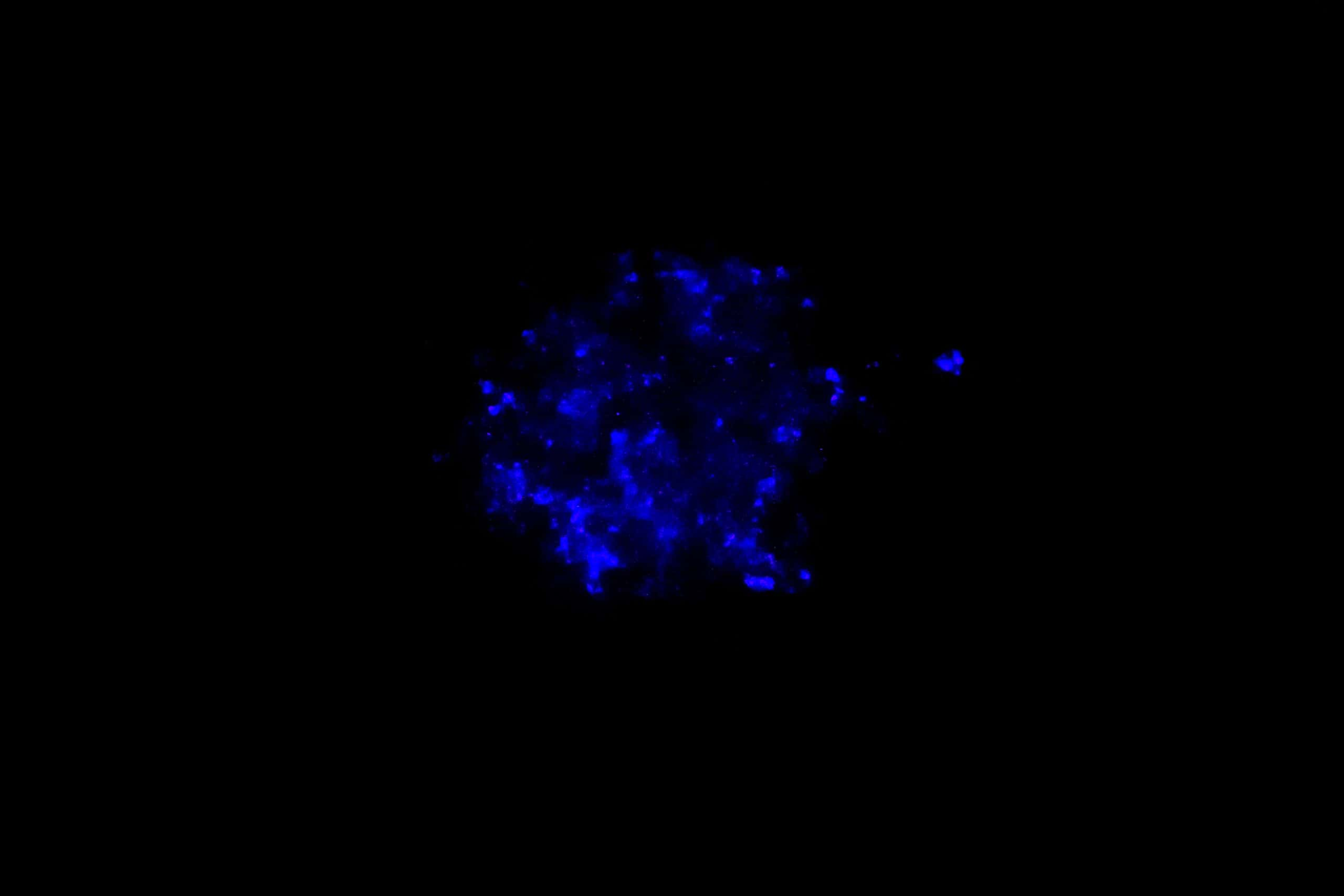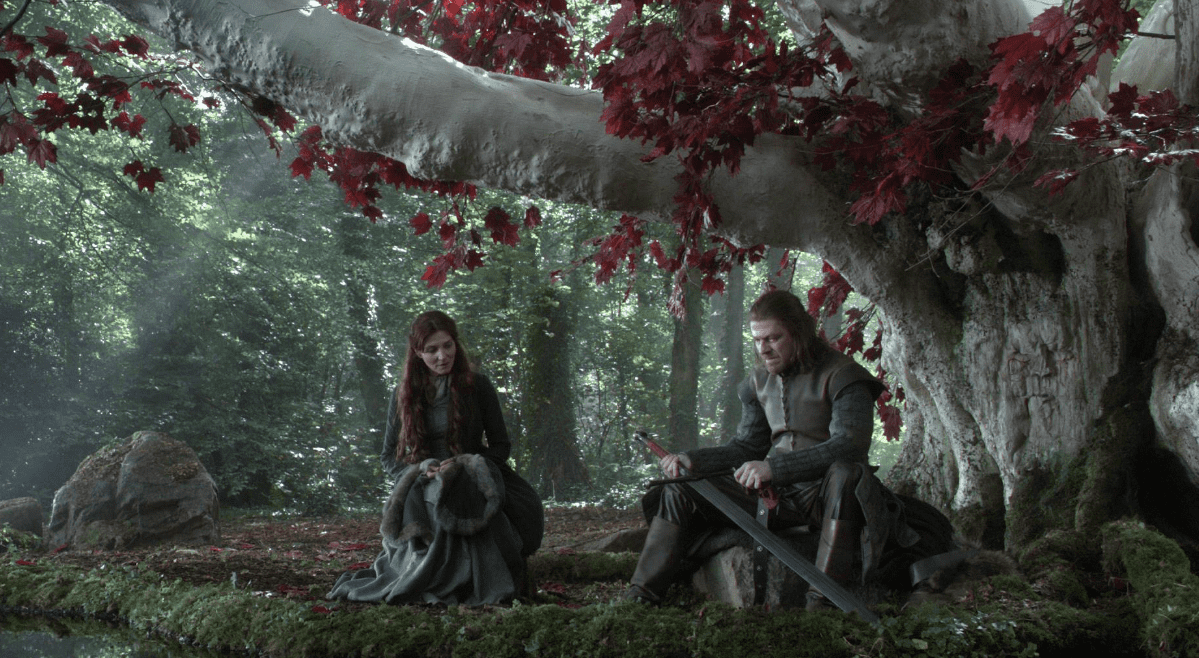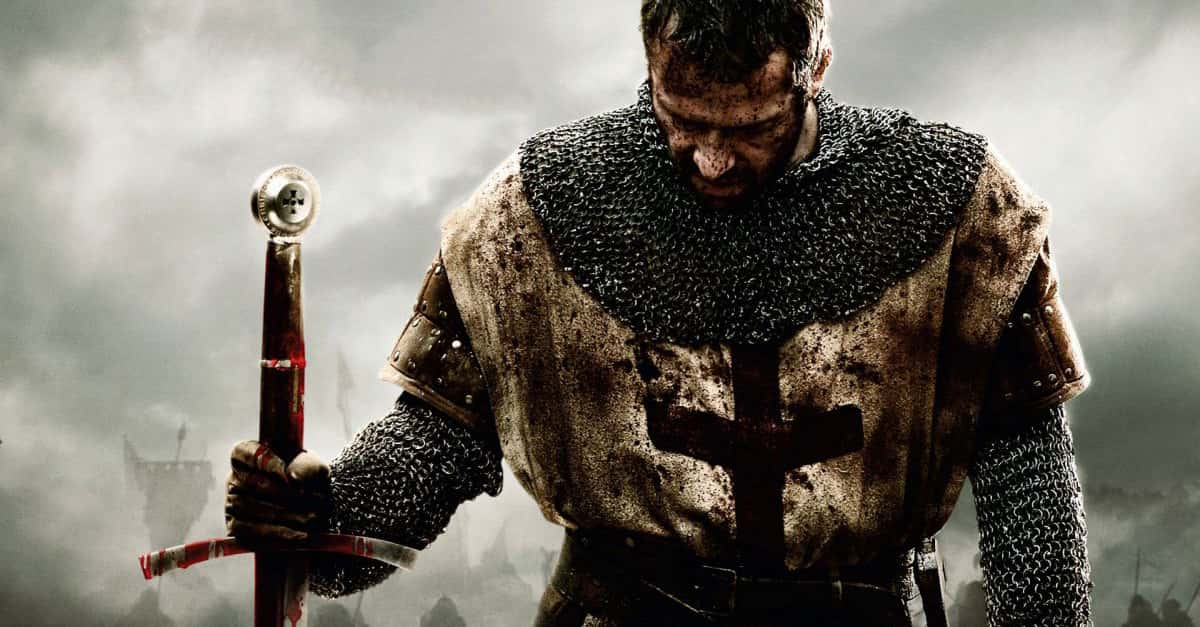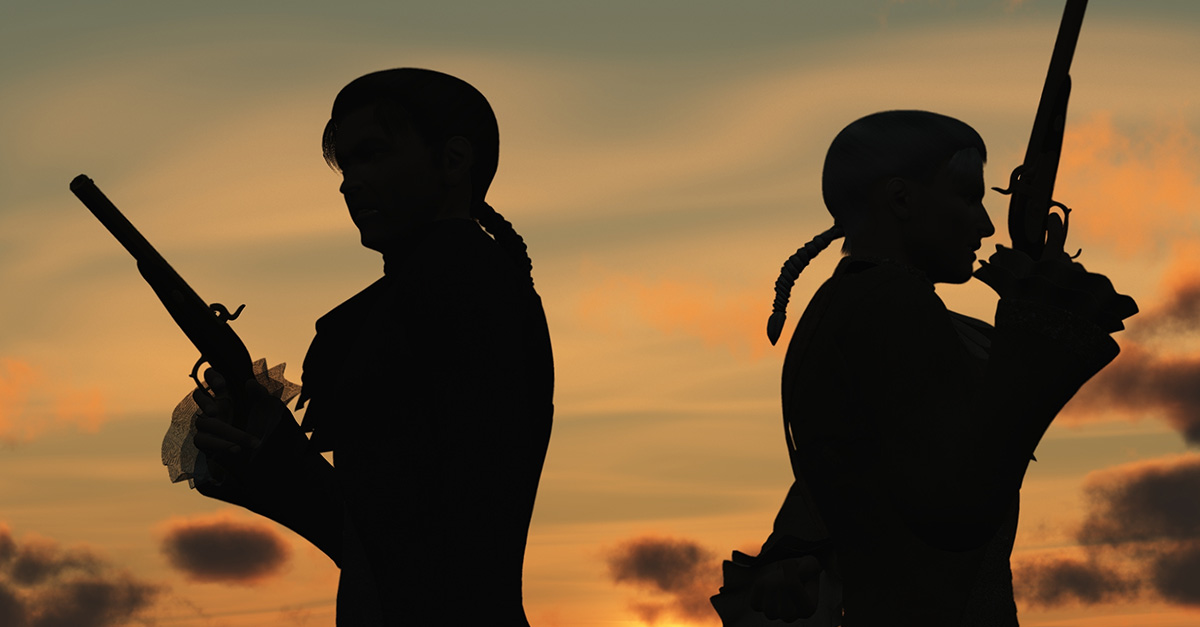“So you’re a little weird? Work it! A little different? OWN it! Better to be a nerd than one of the herd!”— Mandy Hale
Merriam-Webster defines a nerd "an unstylish, unattractive, or socially inept person." Traditionally, the term has had negative implications, but in recent years it has expanded to include anyone who immerses themselves in a subject that they're passionate about. There are comedy nerds, theatre nerds, fantasy nerds, fashion nerds, etc… being nerd doesn't have to be a bad thing! So let your freak flag fly, and test yourself with these 44 facts to see just how much a nerd you really are.
Brainy Facts
44. Seussian Origins
The first usage of NERD in print was in the 1951 Dr. Seuss book If I Ran the Zoo, where the narrator says that if they ran the zoo, they would “sail to Ka-Troo” and collect “a Nerkle, a Nerd and a Seersucker, too!” According to the American Heritage Dictionary, the word was picked up by the children who were reading (or being read) the book in the 1950s, and was adopted by their older siblings to describe the “squares” in their class.
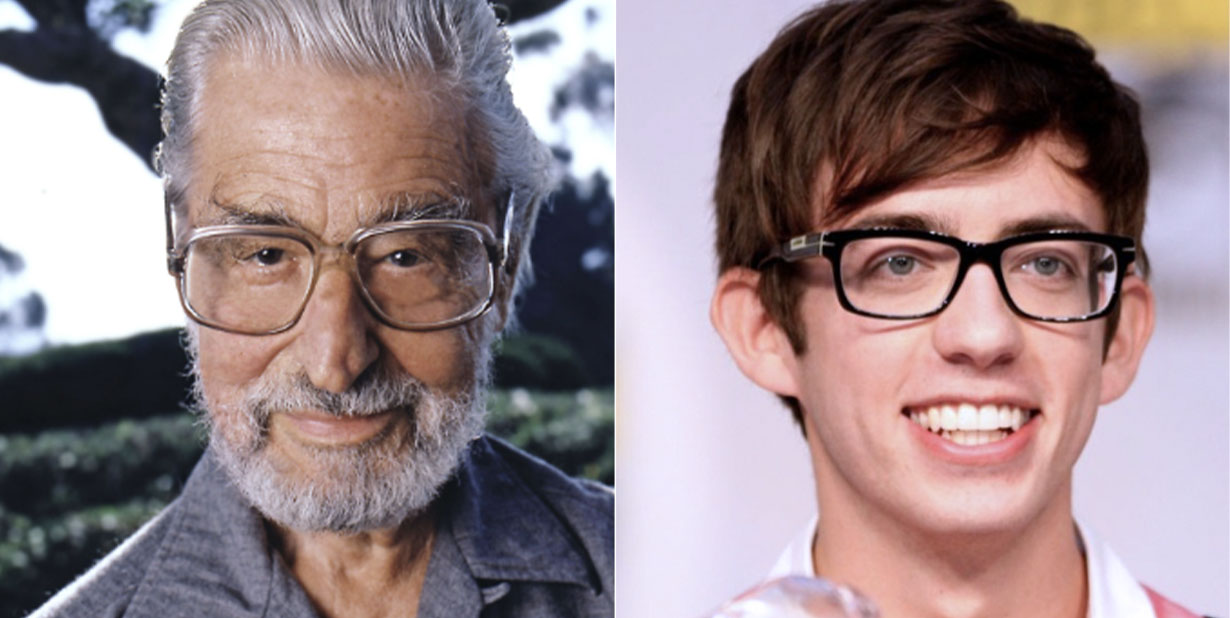
43. Subtle Differences
While the terms are often used interchangeably, a nerd and a geek are two different things. Geek has its origins in the carnivals of the early 1900s, where a performer called the geek would perform strange and revolting acts to entertain audiences. Today, a geek is someone who is generally social, but is also very knowledgeable about a topic. Geeks also tend to be more mainstream than nerds, who are less engaged with daily life.
42. Before There Was Toy Story
Star Trek II: The Wrath of Kahn featured the first fully computer-created sequence in movie history. The effects were created by a small, subsidiary company of Lucasfilm, which would rename itself to Pixar Animation Studios just a few years later.
 Star Trek II: The Wrath of Khan (1982), Paramount Pictures
Star Trek II: The Wrath of Khan (1982), Paramount Pictures
41. That’s Cheating!
In 1982, the movie Tron was passed over for a nomination for special effects at the Oscars because the effects were created by a computer. According to the movie’s director, the Academy thought that using computers was cheating.
 TRON (1982), Walt Disney Productions
TRON (1982), Walt Disney Productions
40. An Adjective and a Noun
Any mega fan of the Star Wars franchise will know the word "wizard" is not just a term for a guy with robes, a long beard, and magical powers. It's also an adjective that means "awesome," and was used by young Anakin Skywalker in The Phantom Menace.
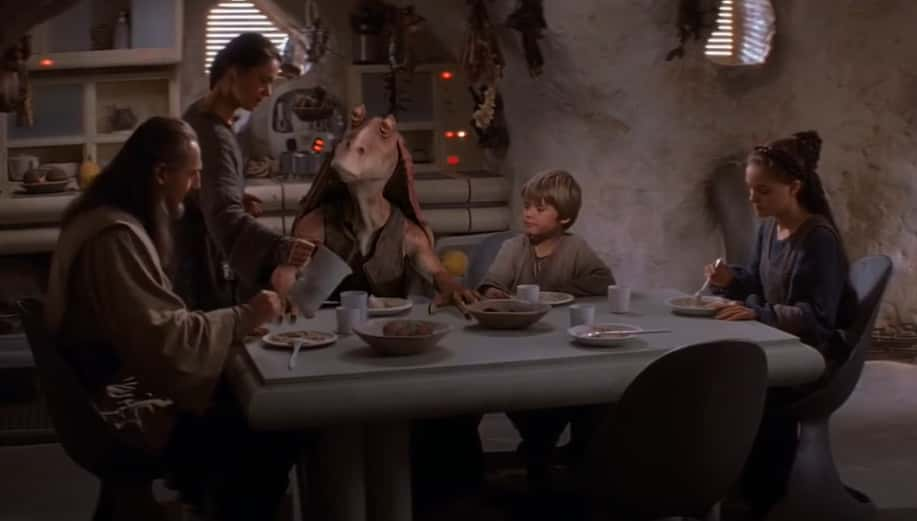 Star Wars: Episode I - The Phantom Menace (1999), Lucasfilm
Star Wars: Episode I - The Phantom Menace (1999), Lucasfilm
39. To Boldly Go or To Go Boldly?
When Star Trek premiered in 1966, the final line of the introductory text of each episode was “to boldly go where no man has gone before.” This led to a debate amongst grammar nerds over whether or not the phrase should have been “to go boldly where no man has gone before” instead.
 Star Trek: The Original Series (1966–1969), Paramount Pictures
Star Trek: The Original Series (1966–1969), Paramount Pictures
38. Which Came First, the Arceus or the Mew?
Pokémon are fictional creatures which can be captured by humans known as "trainers" for battle or for sport. The question of which pokémon came first is a popular discussion subject among fans. Bulbasaur is the first pokémon in the Pokédex, but that doesn't make him the first ever. Arceus is the equivalent of God in the Pokémon world and is believed to have created the universe, making it a solid contender for the first pokémon, but on the other hand, Mew contains the genetic code of all pokémon in its DNA, and so it is believed to have come first.
37. The Longest Word
The word floccinaucinihilipilification means "the act of viewing something as being useless, without value, or unimportant." It is the longest non-technical term in the English language and is one letter longer than antidisestablishmentarianism.
36. Missing a Vowel
Believe it or not, there are at least two complete novels that do not use the letter "E." The first is a 50,000-word novel called Gadsby written in 1939 by Ernest Vincent Wright. To avoid using the letter "E," Wright allegedly pinned down the letter on his typewriter. The second is a novel written in French by Georges Perec. Published in 1969, the French title was La Disparition, and it was eventually translated into English under the name A Void. A literal translation of the book’s title would have been The Disappearance, but that would have used "E" three times, so it had to be changed.
35. The Animal Not Mentioned
There is one common domestic animal that was not mentioned in the bible: Cats do not appear anywhere in the text, and according to some historians, there may be a good reason for this. Cats were revered and even worshiped by the Egyptian people, but in the eyes of Christians, Egyptians were Pagan, and early writers of the bible would have removed any Pagan references. Another theory suggests that cats are not mentioned because they were not considered to be domestic animals. Even house cats are still partially wild, and without human interaction can become completely feral and still survive. I'm watching you, Mittens...
34. R.U.R
The term "robot" was coined in 1920 by the playwright Karel Capek in his play Rossum’s Universal Robots, known commonly as R.U.R. The word comes from a Czech term meaning “forced labor.” In the play, human existence is threatened when robots try to take over the world.
33. Fake Star
The De*th Stars in Star Wars: A New Hope and Return of the Jedi are largely thought to be the only two such space stations, but a third, fake De*th Star was built by the warlord Ennix Devian of the Galactic Empire in the comic series Crimson Empire. He built it to create a diversion for his men while they were hijacking warships from nearby shipyards.
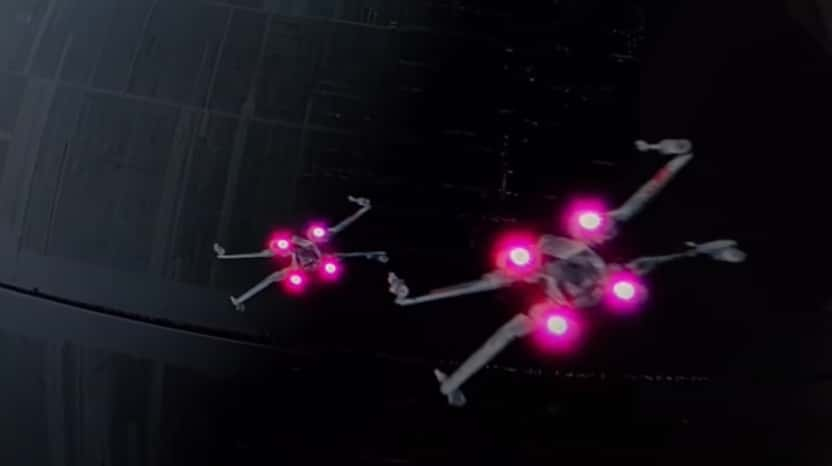 Star Wars: Episode IV - A New Hope (1977), Lucasfilm
Star Wars: Episode IV - A New Hope (1977), Lucasfilm
32. Bumblebee
The name Dumbledore from Harry Potter is actually an Old English word for "bumblebee." When asked why she chose that word for his name, J.K. Rowling said it was because she pictured Dumbledore humming to himself like a bee.
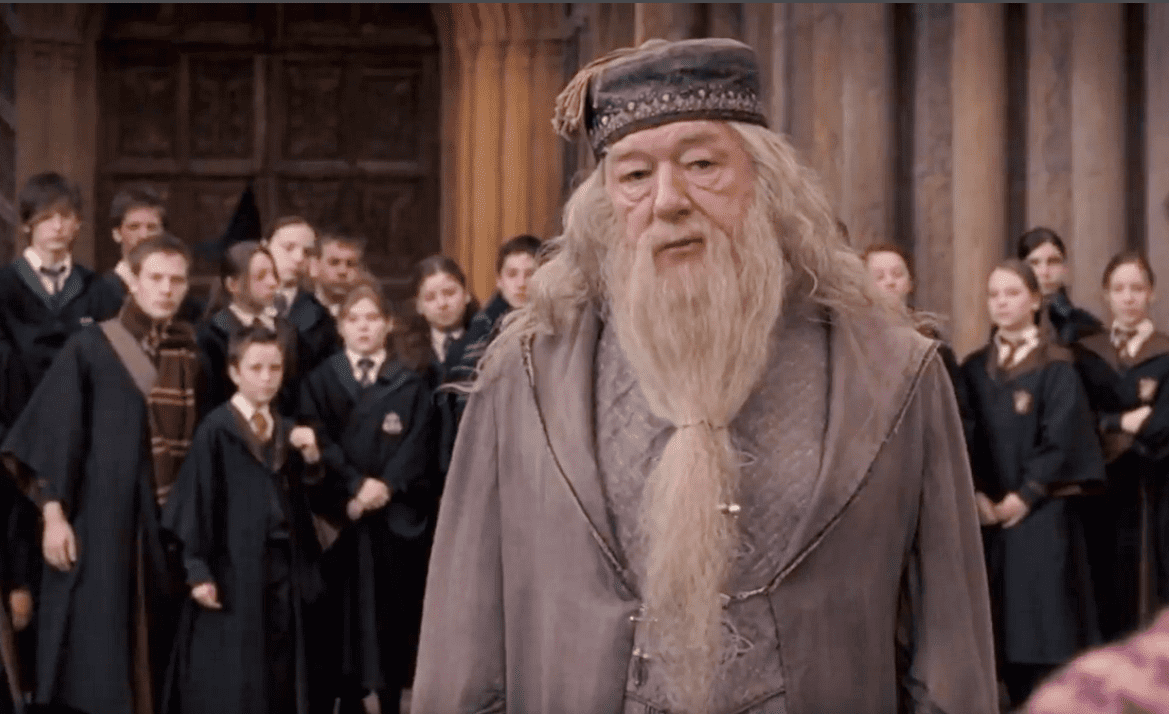 Harry Potter and the Order of the Phoenix (2007), Warner Bros.
Harry Potter and the Order of the Phoenix (2007), Warner Bros.
31. Comic Letters
The oft-ridiculed font Comic Sans was created by designer Vincent Connare, who based it off of the comic books he had in his office, namely Frank Miller's The Dark Knight Returns and Alan Moore's The Watchmen. His goal was to create a child-friendly font to include in the speech bubbles of Microsoft applications aimed at introducing children to computers. The font first shipped with the Windows 95 Plus pack, but later became a permanent part of the operating system.
30. Dark Father
In Dutch, Darth Vader loosely translates to Dark Father. This has led some Star Wars fans to speculate that creator George Lucas was dropping hints as to Luke Skywalker’s parentage, but according to Lucas, the name is incidental: Darth Vader was created before Luke Skywalker was even a character, and their familial relationship was only thought up later. 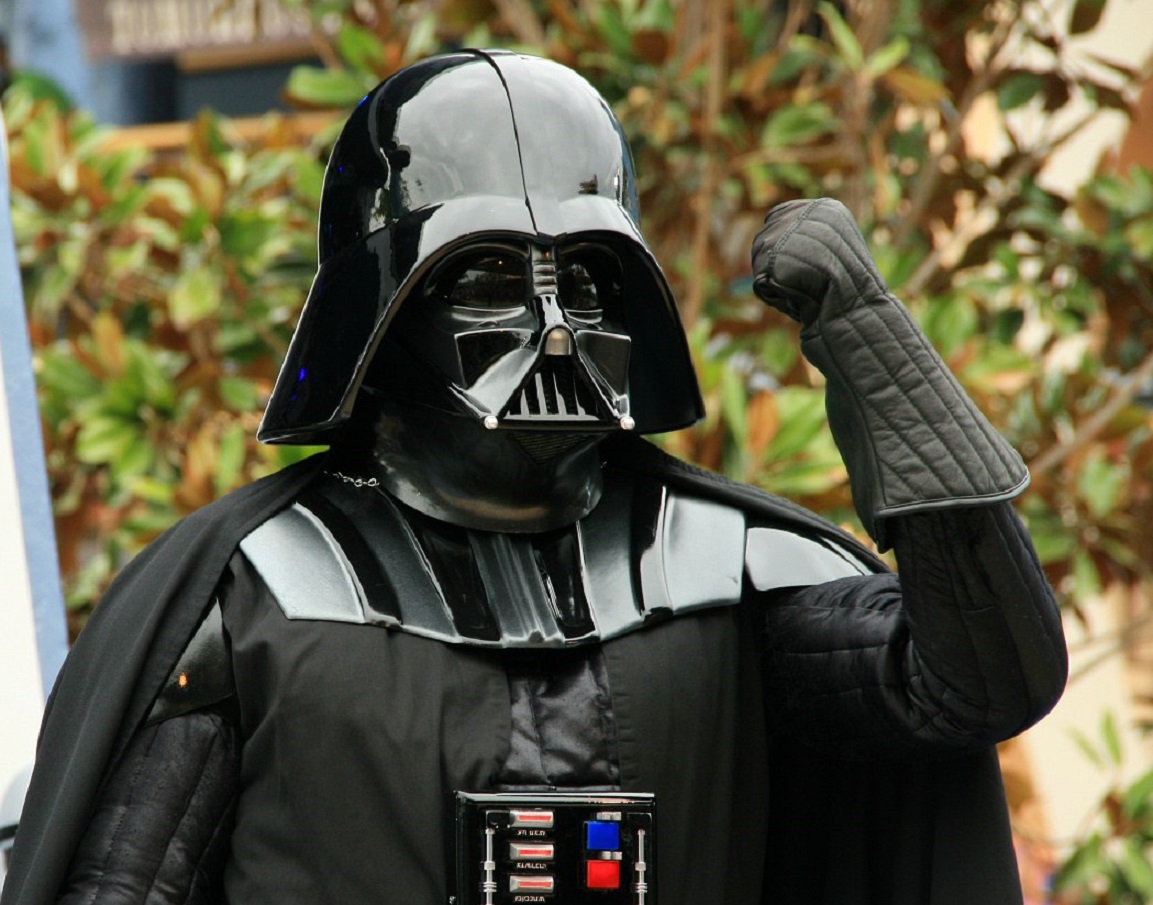 Flickr, Carlos
Flickr, Carlos
29. Technically Not a Trilogy
The Lord of the Rings was originally intended to be published as one volume in a two-book set that included another work, The Silmarillion. Due to concerns about cost, the publisher decided against publishing it this way and broke it up into three separate books. Technically, the three books make one complete novel, and should not be referred to as a trilogy.
28. Replacing Bad Language
If you’ve ever read a comic book, you’ve probably noticed that a series of symbols often replace curse words. Well, those symbols actually have names: individual symbols are called jarns, quips, nittles or grawlixes, but grawlixes is generally used as the blanket term.
27. Mister Video
Mario, of Super Mario Brothers fame, was named after Nintendo of America’s first landlord, Mr. Mario Segale. Shigeru Miyamoto, the game's creator, originally wanted to call Mario "Mr. Video," and he actually went by Jumpman in his first appearance. The classic character has appeared in over 120 of Nintendo’s video games to date.
26. Power Man
Nicolas Cage was born Nicolas Coppola and is the nephew of director Francis Ford Coppola. When he decided to become an actor, he changed his name in order to forge his own path in Hollywood. He took the name Cage from the popular Marvel comic book character Luke Cage, otherwise known as Power Man.
25. Role Reversal
In the popular TV series The X-Files, David Duchovny’s character Fox Mulder believes in extra-terrestrial life and the unknown, while Gillian Anderson’s character Dana Scully is a doubter. In real life, the roles are reversed, and Duchovny is the non-believer.
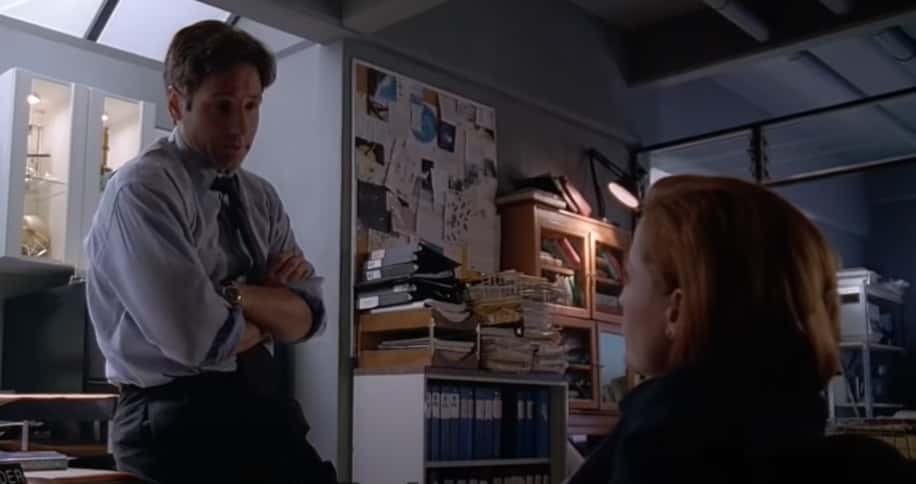 The X-Files (1993–2018), 20th Century Fox Television
The X-Files (1993–2018), 20th Century Fox Television
24. Comic Nerd's Paradise
The Library of Congress is home to the world’s largest comic book collection. It currently houses 120,000 individual comic book issues, including mostly American comics but with some foreign works like the classic manga Akira. The bulk of the collection is from the 1940s on, but some select issues date back as far as the 1930s.
23. Inspired by Pizza
In 1979, Toru Iwatani, who was an employee of the video-game company Namco, thought of the iconic game Pac-Man while looking at a pizza. The space left by a missing slice looked like a mouth, and it gave him an idea for a game about eating. The Japanese name for the game was Pakkuman, derived from a Japanese phrase that describes the sound a mouth makes when it opens and closes in quick succession. The name was anglicized to Pac-Man went it made the jump across the Pacific to North America.
22. Words to Avoid
Words like “clint” and “flick” are widely avoided in comic books for one specific reason. When the words are printed, the letters can run together, making them look like certain swear words.
21. And Switch!
When she originally auditioned for Buffy the Vampire Slayer, Sarah Michelle Geller was trying out for the role of Cordelia, not Buffy, while Charisma Carpenter, the actress who ended up playing Cordelia, originally auditioned for Buffy. The producers liked each actress, but had them switch roles.
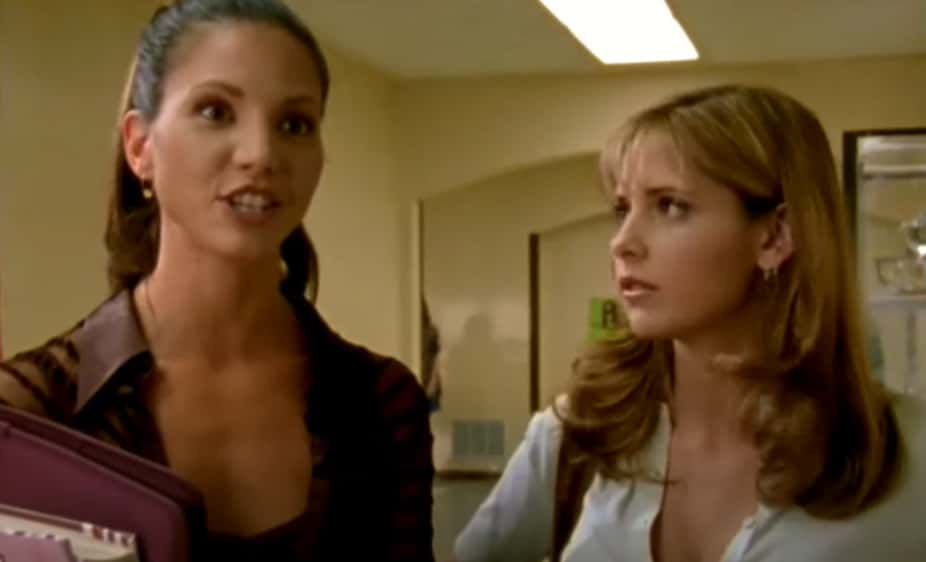 Buffy the Vampire Slayer (1997–2003), 20th Century Fox Television
Buffy the Vampire Slayer (1997–2003), 20th Century Fox Television
20. Candy Creators
The "M" and "M" in M&M's Candy are named after Forrest Mars Sr. (the son of Frank Mars, founder of the Mars Candy Company) and Bruce Murray (the son of Hershey president William Murray), respectively. The pair made a deal to produce a candy with a hard shell and a center made from Hershey's chocolate. In exchange for the chocolate, Mars gave Murray a 20% stake in the candy, but bought him out when WWII was over and chocolate rationing ended.
19. Do You Know Your ABCs?
A sentence that uses every letter in the alphabet is called a Pangram. The phrase “the quick brown fox jumps over the lazy dog” is one of the most recognizable pangrams, but others include “Pack my box with five dozen booze jugs” and “Crazy Fredrick bought many very exquisite opal jewels.”
18. Not Meant for Public Viewing
The tubes that line Enterprise’s hallways in Star Trek have the label G.N.D.N. These letters are an acronym for “goes nowhere, does nothing,” but they weren’t meant to be seen by the television audience.
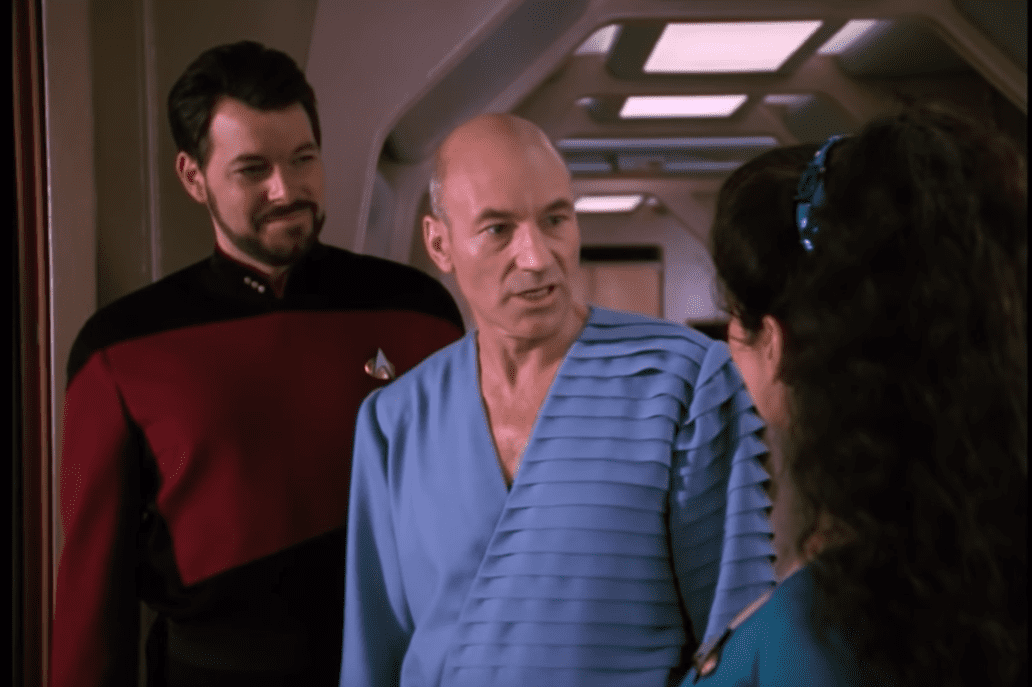 Star Trek: The Next Generation (1987–1994), Paramount Pictures
Star Trek: The Next Generation (1987–1994), Paramount Pictures
17. Not an Allegory
J.R.R. Tolkien was adamant that The Lord of the Rings was not an allegory. Though he was a devout Christian, Tolkien actually genuinely disliked allegory and didn't intend for his books to be read that way. However, despite his assertion, the topic is still widely debated by scholars today.
16. Rules of Sale
When comic books reached their peak of popularity in the 1950s, a Comic Book Code was created to regulate rules of sale. The code stated that no respected figure such as a judge, security officer or a government official could ever be portrayed negatively, criminals could never be sympathetic, and good always had to triumph over evil.
15. 255 is Enough, Thank You
When the original The Legend of Zelda was released, players could only hold a maximum of 255 rupees, the name of the game's currency. The number was the maximum value that the game’s memory would allow, and adding more memory was beyond the technological capabilities of the time.
14. Noooooo!!!
When Ben Affleck was cast as Batman in the recent Batman vs. Superman movie, the producers warned him that there could be a poor reaction to his casting, and they suggested he stay off the internet for a while. Affleck couldn’t resist checking the message boards, but the first comment he found said “Affleck as Batman? NOOOOOO!!!!!!!!!!!” After reading that, he decided to heed the producers’ advice.
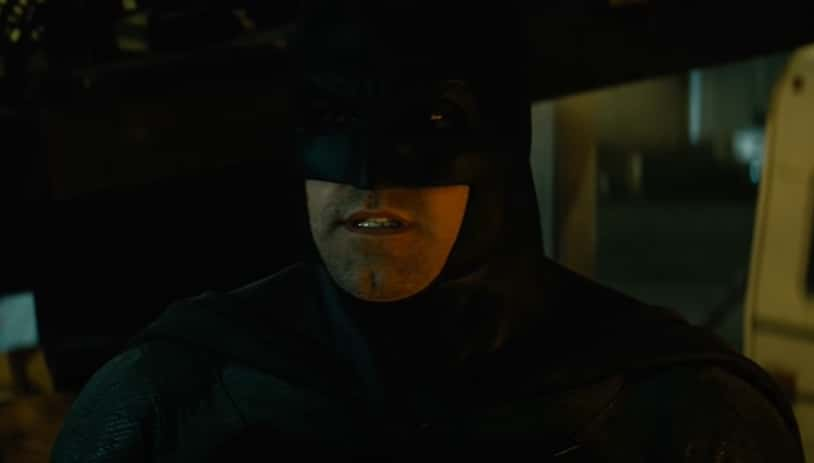 Batman v Superman: Dawn of Justice (2016), Warner Bros.
Batman v Superman: Dawn of Justice (2016), Warner Bros.
13. Genres in Genres in Genres
Science Fiction is a category with an extraordinary amount of subgenres. Among the most popular are space opera (Star Wars), robot fiction (Isaac Asimov), apocalyptic science fiction, (The Road by Cormac McCarthy) and alien invasion (The Battle of the Worlds), but others include steampunk, speculative fiction, weird fiction, cyberpunk, and weird west.
 Star Wars: Episode VI - Return of the Jedi (1983), Lucasfilm
Star Wars: Episode VI - Return of the Jedi (1983), Lucasfilm
12. Missed Opportunity
One of the most famous scenes in the 1982 sci-fi movie E.T. is where E.T. is lured out from hiding with Reese's Pieces. What most people don’t know is that the producers originally planned to use M&M's in the scene, but Mars said no thanks, and Reese's Pieces were used instead. Shortly after the film’s release, the candy experienced a huge jump in sales.
11. Cool Name
Blade Runner is a hugely influential science fiction film that was based on a story by Philip K.D.called Do Androids Dream of Electric Sheep? However, despite being the title of the movie, the term "Blade Runner" is not in Philip’s original story. It comes from a novella called Blade Runner (a movie) by beat writer William S. Burroughs, which has nothing to do with androids or science fiction. Ridley Scott just liked the name, so he decided to use it in his movie.
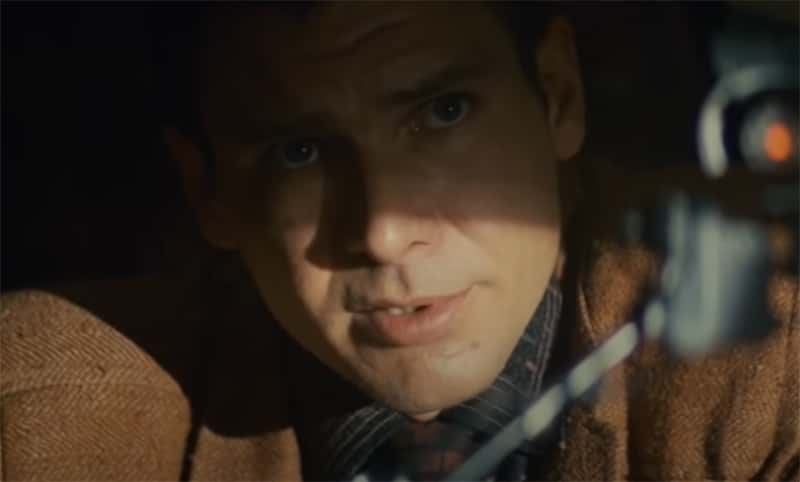 Blade Runner (1982), Warner Bros.
Blade Runner (1982), Warner Bros.
10. Seven and Nine
In the blockbuster Game of Thrones series, there are seven kingdoms and nine regions in the continent of Westeros. Each kingdom is equivalent to a state, and each ruling family is similar to a governor. The kingdoms answer to the King/Queen of the Andals, who sits on the Iron Throne. The regions are independent territories (kind of like Puerto Rico in the US), but still answer to the Iron Throne. It's all so simple! 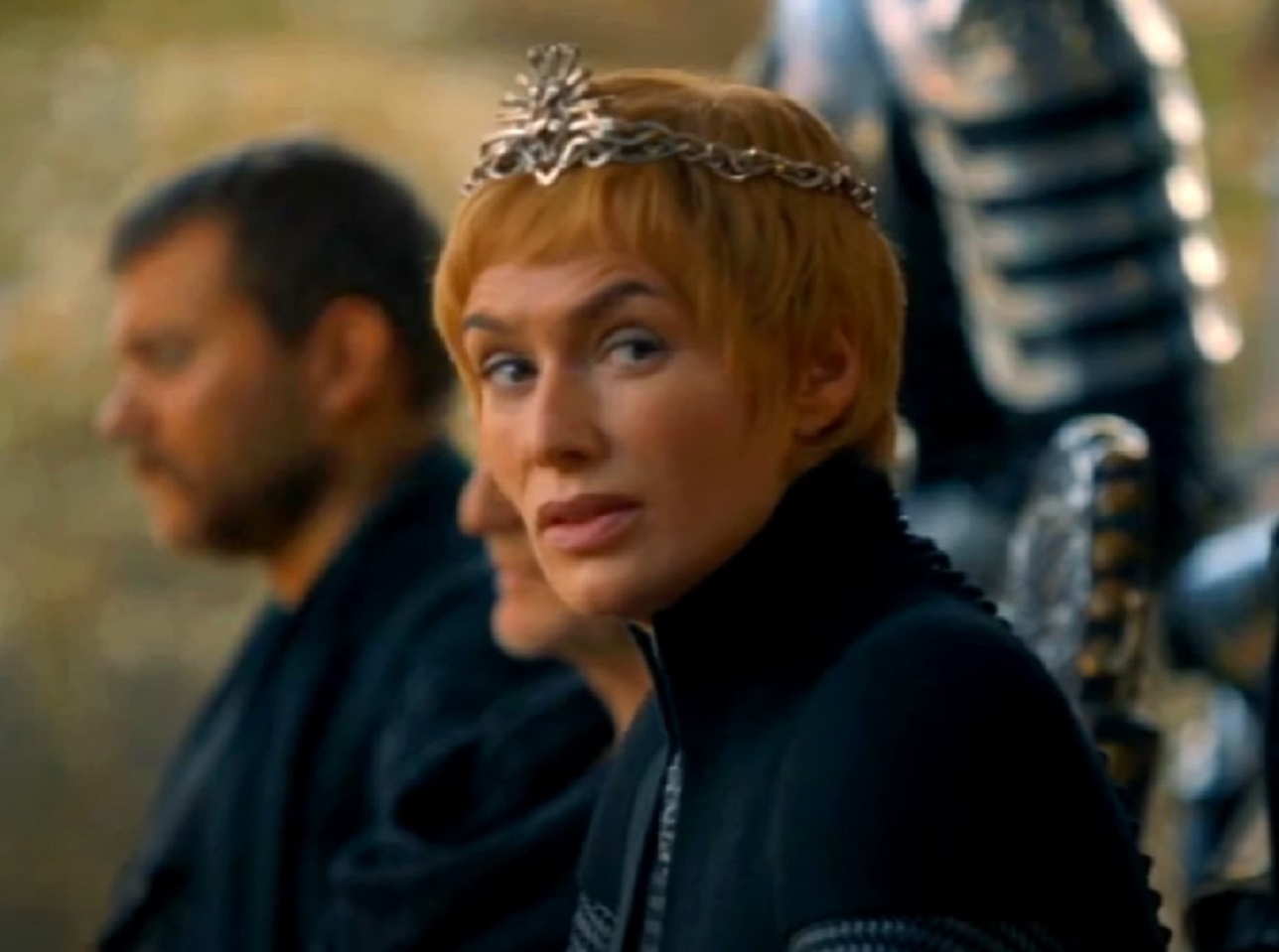 HBO, Game of Thrones (2011-19)
HBO, Game of Thrones (2011-19)
9. Mystery Names
The precogs in the movie Minority Report are named for three well-known mystery writers. Agatha is for Agatha Christie, Arthur, for Sir Arthur Conan Doyle and Dashiell for Dashiell Hammett.
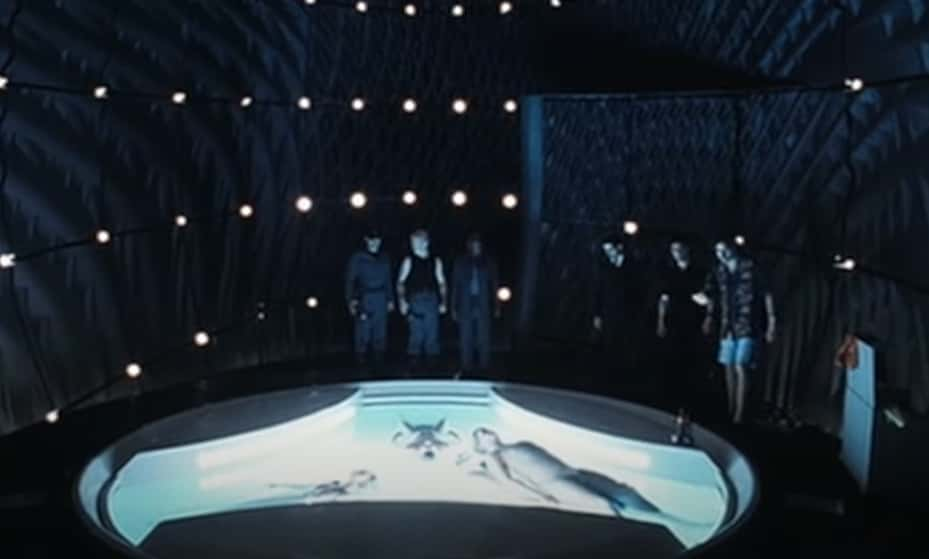 Minority Report (2015), 20th Century Fox Television
Minority Report (2015), 20th Century Fox Television
8. Gamer's Code
The most famous cheat code in all of video games goes like this: UP, UP, DOWN, DOWN, LEFT, RIGHT, LEFT, RIGHT, B, A. The code is commonly called the Konami code, and while it first appeared in the NES game Gradius, it was popularized in the North American release of the classic game Contra.
7. Cleanup on Fifth Avenue!
Superheroes tend to leave a trail of destruction in their wake while they’re busy saving the world, and in the late 80s, Marvel conceived of an organization whose sole job was to clean up after them. The organization is called “Damage Control,” and it acts as a humorous way of grounding the stories with an element of reality. The group made their first appearance in the MCU in 2017's Spiderman: Homecoming.
 Spider-Man: Homecoming (2017), Marvel Studios
Spider-Man: Homecoming (2017), Marvel Studios
6. Failure to Communicate
The movies X-Men: Apocalypse and Logan both feature the mutant character Caliban, but in each film the character is completely different, despite the fact that they are supposed to be happening in the same cinematic universe. The reason for the difference was that neither movie communicated to the other that they were using the character, and when the director of Logan found out, he decided to do it his way instead of trying to conform to the X-Men Universe.
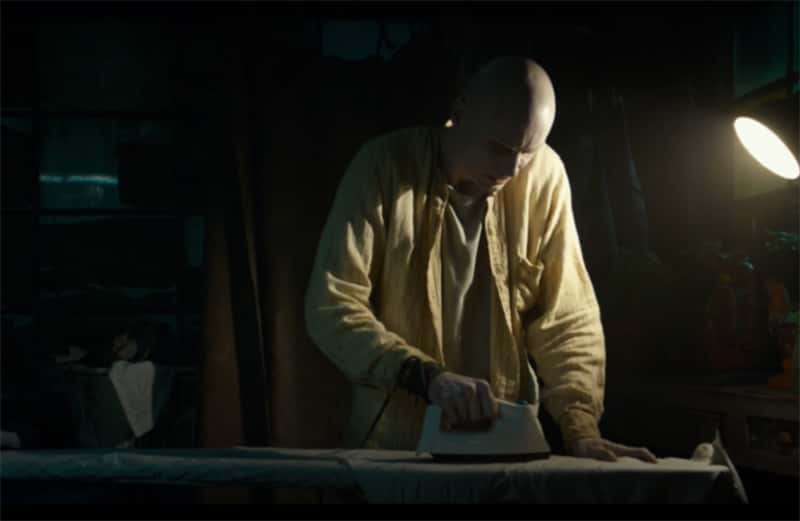 Logan (2017), Twentieth Century Fox
Logan (2017), Twentieth Century Fox
5. Giving off Spark
Thanks to a process called triboluminescence, all hard candies give off a small spark when they are bitten into. The process is similar to the electrical charge that makes lightning, but on a much smaller level.
4. Breaking Their Rules
When Game of Thrones was originally developed for television, the producers created a set of rules that stated no flashbacks, no prophecies, and no dreams. By the end of season five, all of these rules had been broken.
3. Homework First, Chimichangas Later
In fiction, the psychotic anti-hero Deadpool created a series of trading cards called “Deadpool’s Guide to Super Villains” that includes the histories and pictures of villains for fledgling superheroes to refer to. The complete collection consists of 4,522 cards, but he also created a series of 1,622 appendix cards which outline each villain’s preferred mode of transportation.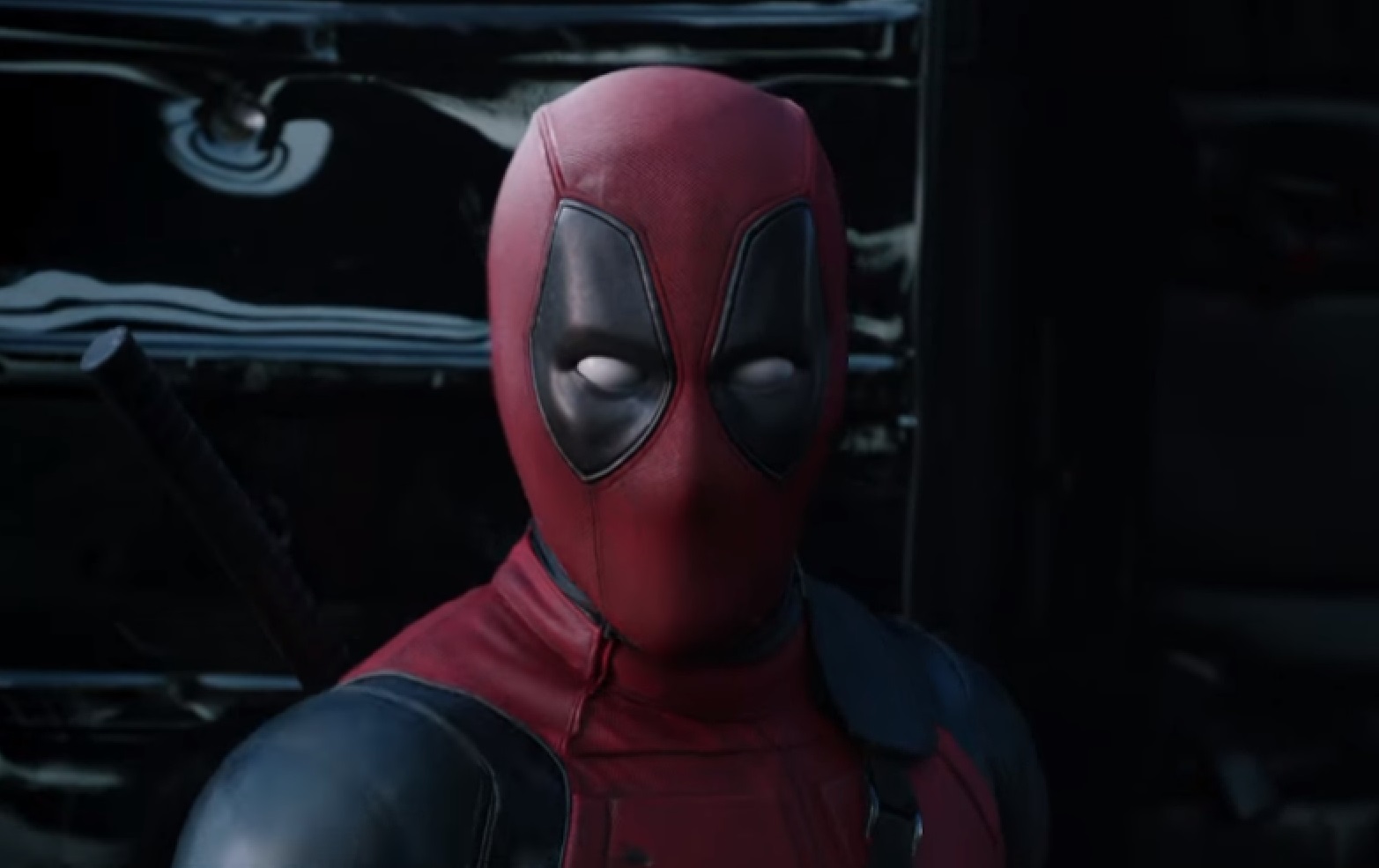 Deadpool (2016), 20th Century Fox
Deadpool (2016), 20th Century Fox
2. Keeping Us Guessing
Producers of The Walking De*d were so worried about set photographers spoiling the show's seventh season premiere that they recorded the opening scene 11 times, each featuring the passing of a different potential victim. When filming was complete, the producers inserted the real take into the final edit.
 The Walking D.ead (2010– ), American Movie Classics
The Walking D.ead (2010– ), American Movie Classics
1. Now That's Preparing for a Role!
The Big Bang Theory has been running for ten seasons on CBS in the United States and is TV's #1 sitcom. The popular show centers around four nerdy scientists and their struggle to navigate the normal world, but it's not all fiction: The character of Dr. Amy Farrah Fowler is a neuroscientist in the show, and she's played by Mayim Bialik, who actually has a PhD. in neuroscience in real life, which she earned after she had already worked for years as a successful actress.
Sources: 1, 2, 3, 4, 5, 6, 7, 8, 9, 10, 11, 12, 13, 14, 15, 16, 17, 18, 19, 20, 21, 22, 23, 24, 25, 26, 27, 28, 29, 30, 31, 32, 33, 34



